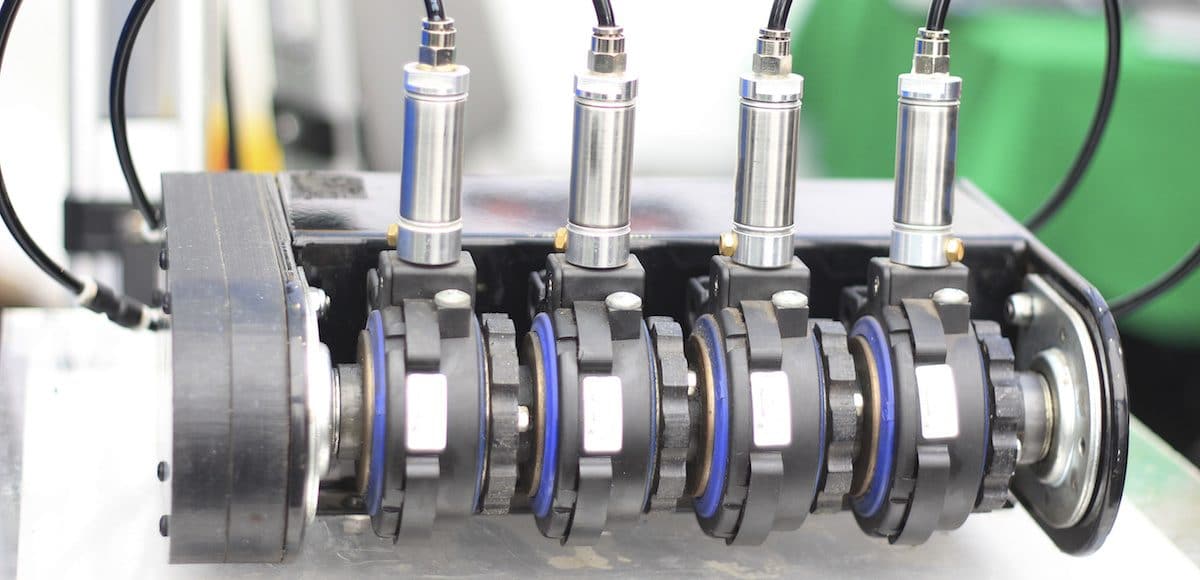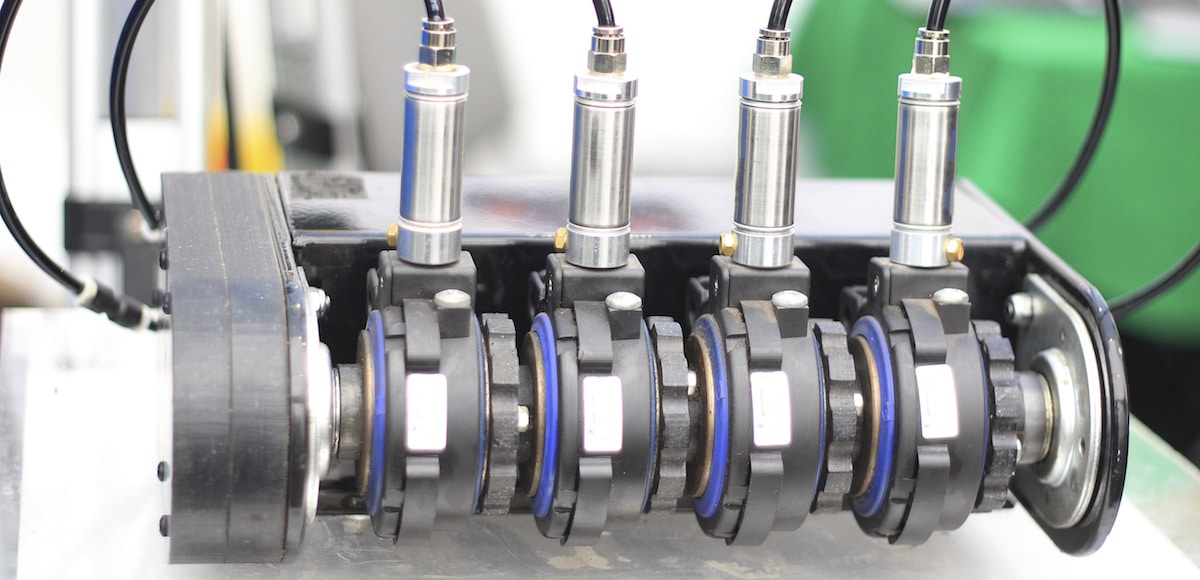

Agricultural machinery, monitoring and control unit at an exhibition. Graphic for agricultural industry, sector business concept. (Photo: AdobeStock)
Cities that convert small private farms into new housing tracts and expand farming outward, are more productive, providing jobs and growth to cities.
Yet, there was an article the other day in the Arizona Republic about a farmer in Queen Creek who was selling off his land to developers who were going to build homes on the lot.
The article took the bent that this was somehow a tragedy. It lamented the loss of pastoral farmland to evil developers who would build more new homes that we don’t need — even though the farmer in question certainly didn’t seem to be lamenting the tens of thousands of dollars he got per acre, and was heavily involved in the development of those homes.
Judging from the comments in the article, a lot of readers also agreed, railing against society and how awful it is that some poor farmer was forced off his land.
Preposterous.
First off, lets discuss the farmland. Farmland is certainly not less polluting or damaging to the environment than urban homes. Between the toxic runoff from chemicals and the damage to the local fauna and fauna, farmland can be very damaging to the natural ecosystem.
Remember, we are not talking about preserved desert lands or untouched wilderness, we are talking about irrigated and developed croplands.
Second, and the most important issue — productivity.
It is far more productive to society as a whole to live in more modern housing and use less valuable land farther out from city center for farming — or better yet, to use more arable land in better climates.
The article bewailed the loss of single or family owned farms, but frankly, large scale corporate farming was the best thing for modern society. A small family farm might feed 100 people off a tract a land. But a large scale corporate farm which has access to more labor and better technology can feed 10 times that many people.
Truth be told, America’s corporate farmlands support not only America’ population but a goodly portion of the rest of the 6 billion people (and rising) in the world today. America’s farms are 5 times or more, more productive than their foreign counterparts.
This is what comes with modern technology and consolidation of family farms into more productive corporate farming methods and lands, and the centralization of farmlands in agrarian areas with better climates and water available.
Speaking of 6 billion people, populations are rising daily- and not just here in Arizona. People have to live someplace, and so do their progeny. Stop building homes and the urban areas are going to quickly become overcrowded, overpopulated anthills of people. Urban sprawl provides a very definite purpose- it prevents overgrowth of urban areas, not to mention housing and urban pricing.
Good luck finding an affordable home in San Francisco or New York where urban development has crawled to a standstill. This can also make a good case for better urban planning and redevelopment, assuming the leftwing would let developers do it.
Try to get permits to level city blocks downtown in a major city, and you’ll see what that means. Good luck with the locals selling you their broken down homes at a reasonable price, too, once they learn that a developer wants to rebuild downtown in any city. There’s always one crazy grandpa who refuses to sell at any price, who would rather see the place fall down around him than move.
Even assuming you do get all that done and go ahead with your projects, you’ll have to price it to offset all your costs and investment money, and it’s a tough sell to get people to move into these areas. Who wants to spend top dollar to move into a blighted area all around them, when they can buy at half the price elsewhere in a newer neighborhood?
Lastly, urban development spurs the economy. Jobs are created when houses are built. Ask the construction industry if they don’t hire people when new homes are cropping up. And those homes need to be sold, so salespeople make money too. And the banks? They loan money for those new homes and make money on that.
And all that money made goes where? Into the local economy in the form of goods bought and sold so shopkeepers make money. Doctors and dentists and teachers make money as they move into new neighborhoods.
Growth is a good thing, not a bad one. Economies grow and thrive where money changes hands and trade occurs, not sitting in our homes watching that farmer grow his artichokes.
As for that farmer, no more working 16 -18 hours a day in manual labor that can be done more efficiently and profitably by machinery and equipment operators on an agricultural conglomerate. He can retire comfortably knowing that the land on which he invested and worked for years will go for hundreds of times what he paid for it.
His family and his heirs will live more comfortably with more modern appliances, and more free time to spend doing things they may enjoy more.
I understand the desire to look back on earlier times with fondness, and say, ‘Gee, look at the poor farmer and how great a simpler life might be.’
That is, until you are standing in the hot sun, running a hoe through the dirt for 16 hours just to grow enough beans to feed your family. Do that every day for 20 years, and you won’t feel the same way.
I say, good for the farmer for selling off some of his land. Progress is a good thing, not a bad one. What I find ironic, is that all the people who are complaining about this whole business, are sitting in air conditioned homes, and are most likely in a suburb, and on a computer.
Unless of course, you are a Luddite.



anon / August 14, 2018
Corporate Agribusiness Propaganda Shill
/